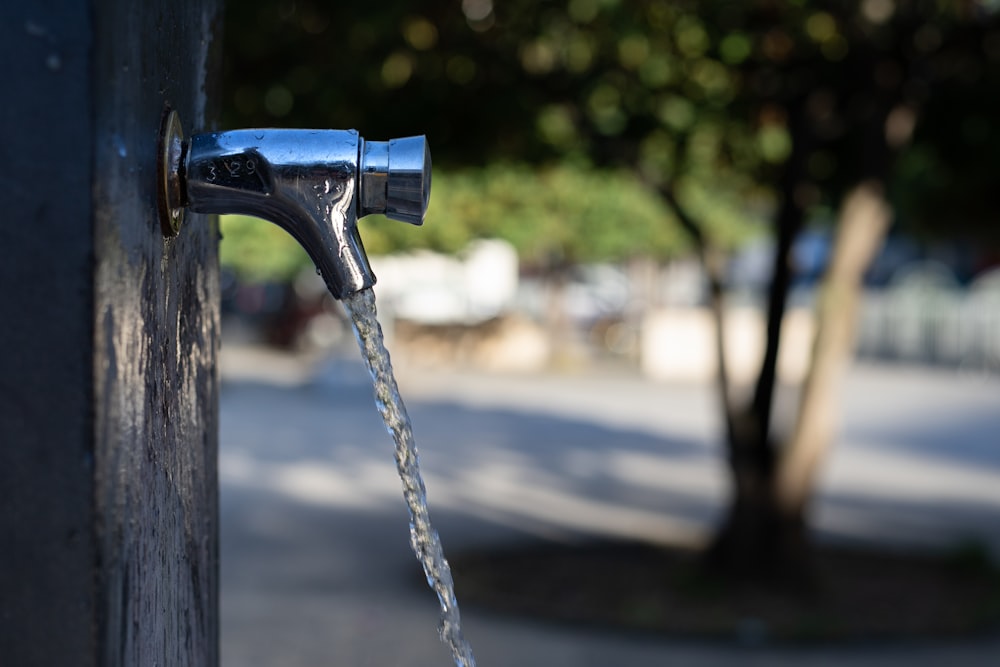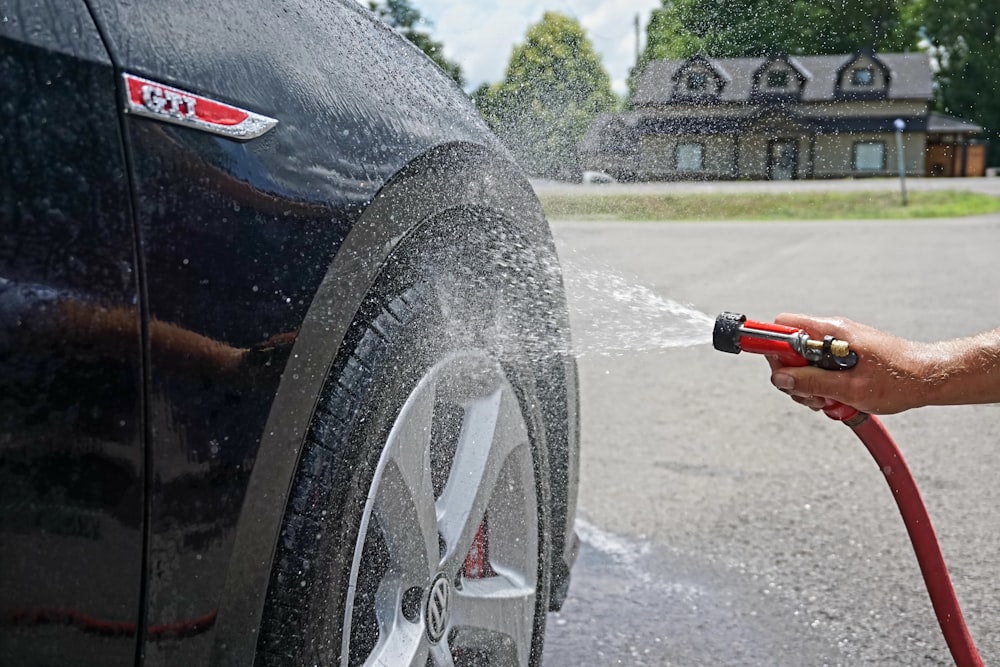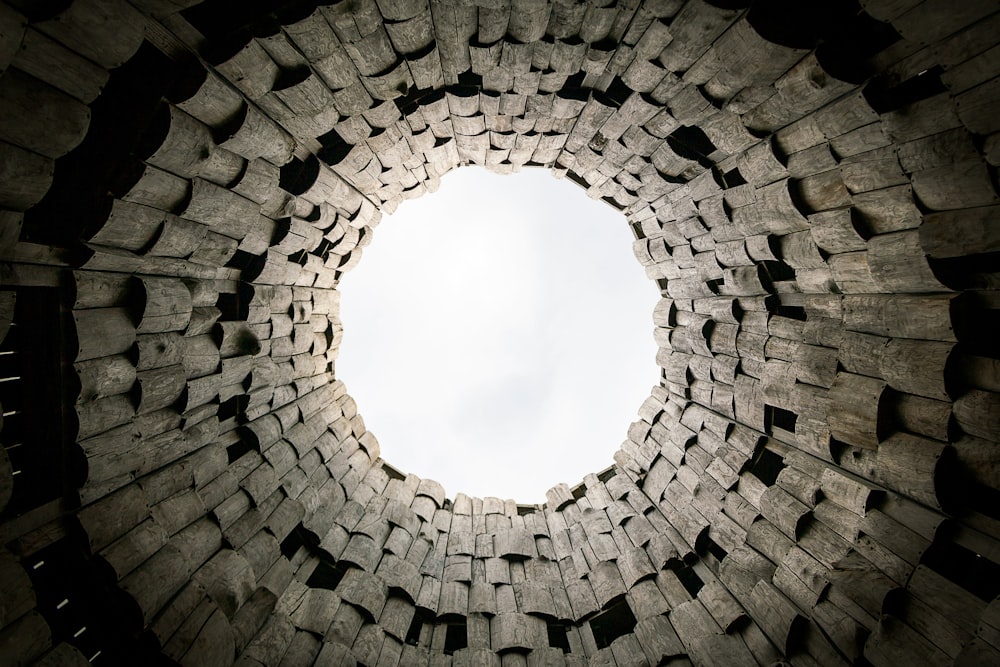The Delhi Jal Board (DJB) previously planned penal action against those wasting water in the capital city, by allowing Delhiites to report neighbors by clicking pictures as proof. Now, another landmark development in the history of groundwater preservation has been carried forth.
As per a report in TOI, the Central Ground Water Authority (CGWA) has deemed the wastage or misuse of potable groundwater to be a punishable offense in India on an order of the National Green Tribunal (NGT). Violators can face up to 5 years of imprisonment, or fine extending up to Rs. 1 lakh, or both. The directive was issued on October 8 under the Environment (Protection) Act, 1986.

The directive states, “No person shall waste or misuse potable water resources tapped from underground.” It furthers adds, “The civic bodies dealing with water supply network in states/ UTs, whether called as Jal Board, Jal Nigam, Water Works Department, Municipal Council, Development Authority, Panchayat or by any other name, shall ensure that there shall be no wastage or misuse of potable water tapped from underground and evolve a compliance mechanism, with coercive measures for violations.”
The New Indian Express reports that this notification came following petitions filed by Rajendra Tyagi and a not-for-profit organization called ‘Friends’. They sought the tribunal’s intervention in curbing the wastage of water through leakages and thefts in water distribution and transmission. Running faucets, deep borewells, swimming pools, and washing vehicles using fresh groundwater were also among the examples cited.

UP Singh, who is the secretary of the Ministry of Jal Shakti, said, “It has been observed that there is a lack of awareness on the part of the general public in using the groundwater resulting in wastage through the overflowing overhead tanks, excessive use in flushing in toilets, wastage of water in bathing/hand-wash basins/kitchens, etc. Apart from this, there is a substantial loss of water due to leakage/seepage during transmission/distribution of water and there is a need to sensitize people.”

Akash Vashishtha, who is the advocate who represented the petitioners before the NGT explained, “People will now have to be cautious and careful in wasting water through incessantly flowing overhead tanks, running faucets, extravagant lifestyles, pipeline-leakage and washing of cars.”
He further added that a formal compliance mechanism is yet to be issued by the respective local bodies of all states and union territories. It would elaborate on what may constitute ‘wastage’ or ‘misuse’ in terms of domestic as well as commercial use.
Cover Image Source- Left




